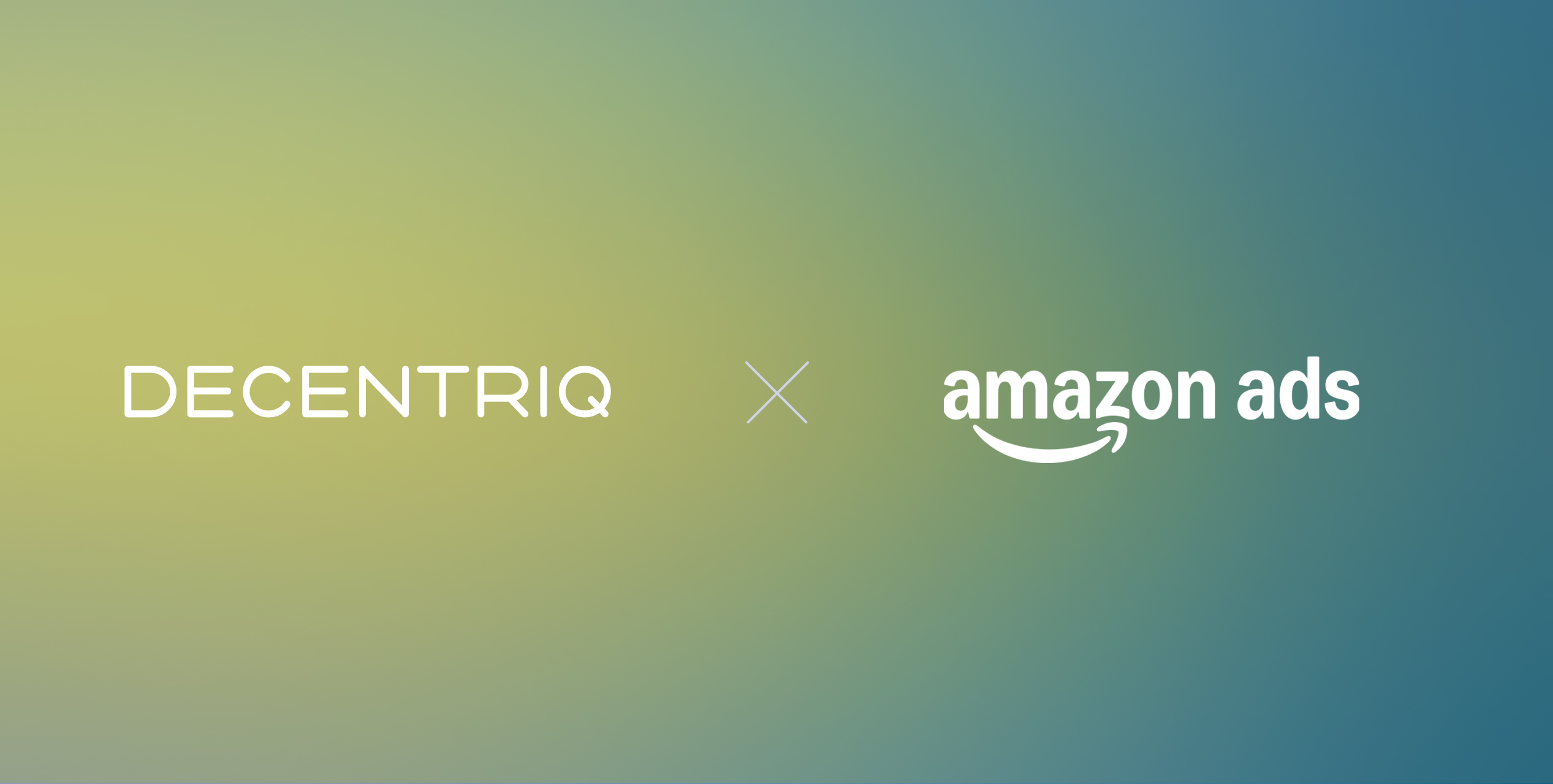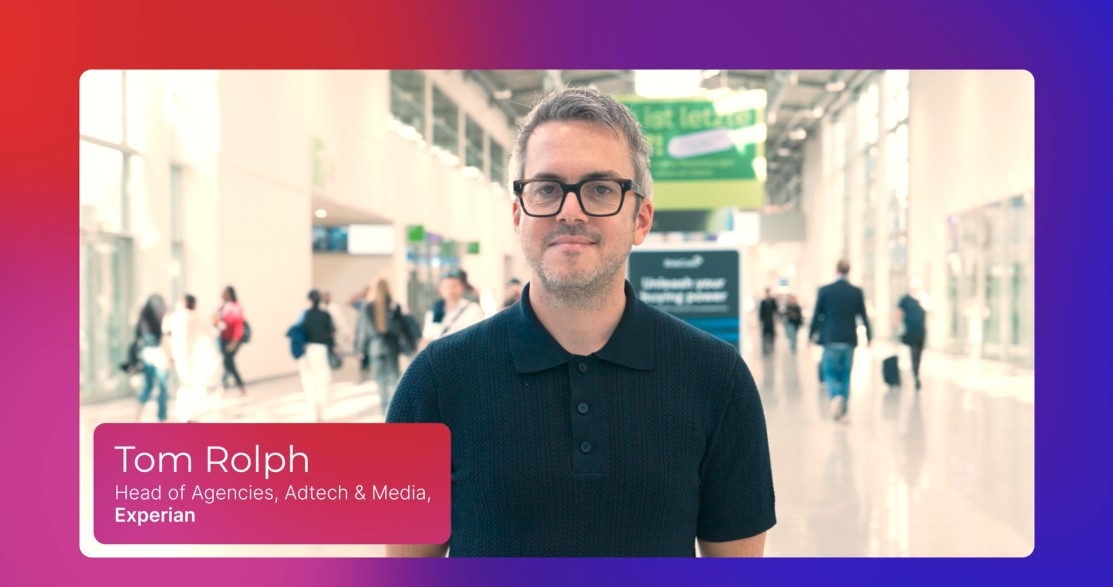Converto: “The quality and sophistication of first-party data have surpassed that of third-party data”

How can advertisers thrive without third-party cookies? Converto CEO Kim Engels shares how the brand is using Decentriq’s data clean rooms and first-party data strategies to resolve boost targeting accuracy, gain insights, and put first-party data to work for their brand clients.
Your guide to reducing wasted ad spend using first-party data
An estimated 23-56% of ad spend is currently wasted (and that’s before third-party cookies are completely deprecated). So how can brands ensure they’re reaching their ideal audiences at a time when consumers expect more personalized — yet privacy-preserving — advertising experiences than ever before?
.jpg)
As brands grow increasingly aware of the deficits third-party data creates in customer understanding and campaign effectiveness, more eyes are turning to first-party data as the way forward. Converto AG, a martech company out of Switzerland, is one of the players leading the charge towards this first-party data future.
Converto has long specialized in applying martech solutions that bring together authentic signals from end users to run dynamic, cross-channel campaigns. The company saw a logical next step in working with data clean rooms, and Decentriq, to help their clients securely use high-quality, first-party data in a deeper way.
We spoke with Converto CEO Kim Engels about the company’s strategy with data clean rooms, and how they’ll create more campaign effectiveness for their clients with Decentriq.
What challenges are you seeing advertisers face without third-party cookies?
Kim Engels, CEO Converto AG: Our customers are currently facing a range of challenges, particularly when it comes to effectively reaching their target audiences, something they typically relied on third-party cookies to do. This issue is compounded by the fragmented and often siloed nature of data within organizations.
Many companies possess vast amounts of data. However, it remains trapped in silos, making it challenging to use this information cohesively and strategically. Moreover, analyzing campaign performance has become more complex. Our clients struggle to accurately evaluate the success of their marketing efforts and optimize them in real time. This adds an extra layer of difficulty to an already challenging situation.
In addition to these technical challenges, there is significant uncertainty about the future. Many of our clients are unsure which technologies or platforms to invest in, especially after Google’s announcement to not phase-out third-party cookies. This unpredictability often leads to hesitation in committing to a specific solution, even when the current ones are no longer viable.
These challenges highlight the urgent need for alternative solutions that enable effective marketing in a rapidly changing landscape.
What role will data clean rooms play in Converto's first-party data strategy?
Engels: Converto has been offering MarTech solutions without third-party cookies since 2020/21 because we believe that first-party data provides a more profound foundation for targeted, personalized ads. Additionally, since 2023, Converto has been a member of The Relevance Group, working closely with our partners to help organizations activate first-party data from loyalty programs and customer data platforms. Using a data clean room as a bridge was the logical next step.
Data clean rooms will be central to first-party data strategies. As companies evolve their data practices, adopting DCRs is a must. This technology is versatile, applicable across various industries, and supports both online and offline customer engagement. Data clean rooms enable precise, data-driven strategies while ensuring that data protection remains at the forefront of all activities.
Why did Converto choose Decentriq's data clean room platform over others?
Engels: Our vision is to make complex topics like DCRs accessible to our clients and to support them in activating their first-party data simply, securely, and effectively. We believe Decentriq's offering clearly delivers on this.
Furthermore, Decentriq’s location in Switzerland and within the EU plays a crucial role, particularly in the context of privacy discussions. The connection to the largest publishers in the DACH region and Decentriq's lookalike feature, which is a clear USP, were also two important aspects.
How do you anticipate your customers will use Decentriq data clean rooms for advertising?
Engels: By collaborating with Decentriq, we offer our clients a simple and secure way to create efficient digital advertising campaigns based on their own data.
Thinking of a use case: Advertisers can directly load their segmented data from their customer data platform into a data clean room. Based on these segments, and in combination with Converto’s Dynamics solution, highly personalized campaigns can be created. Unlike the decreasing quality and availability of third-party data, these segments provide extremely precise insights about customers and where they are in their customer journey. For instance, we would know which customers are spending over 500 CHF each month with brand X on- or offline or if the customer needs lenses or diapers every month. This opens up fantastic opportunities, as it allows us to engage users exactly where they are in their relationship with the company, leading to a highly personalized approach based on real data, rather than assumptions.
Read the case study: Converto helps TopCC achieve a tenfold increase in conversions using Decentriq
Engels: We are working with Decentriq to develop new use cases and expand the implementation of data clean rooms – not only in the DACH market, but in other countries as well. Our goal is to raise awareness of the opportunities and requirements this technology offers.
As the digital advertising landscape evolves, campaigns are increasingly planned based on the rich insights provided by advertiser data, instead of best guesses. In particular, the quality and sophistication of first-party data have surpassed that of third-party data, offering advertisers a more precise and reliable foundation for their ad targeting strategies.
Transform your first-party data into results
Discover how Decentriq empowers brands to activate high-quality, privacy-first campaigns by leveraging your most valuable asset — first-party data. Explore our solutions for advertisers or get in touch.
About Converto
Converto AG, a martech company based out of Switzerland, provides solutions for real-time, dynamic ads, augmented and cross-media campaigns, and branding. They aim to solve the advertising industry’s most pressing challenges with intelligent applications of cutting-edge technology. They specialize in effective alternatives to cookie-based targeting, providing their brand and agency clients with solutions that increase reach while sharpening targeting — across channels.
Learn more about our partnership on the Converto website.
References
Your guide to reducing wasted ad spend using first-party data
An estimated 23-56% of ad spend is currently wasted (and that’s before third-party cookies are completely deprecated). So how can brands ensure they’re reaching their ideal audiences at a time when consumers expect more personalized — yet privacy-preserving — advertising experiences than ever before?
.jpg)
Related content
Subscribe to Decentriq
Stay connected with Decentriq. Receive email notifications about industry news and product updates.




